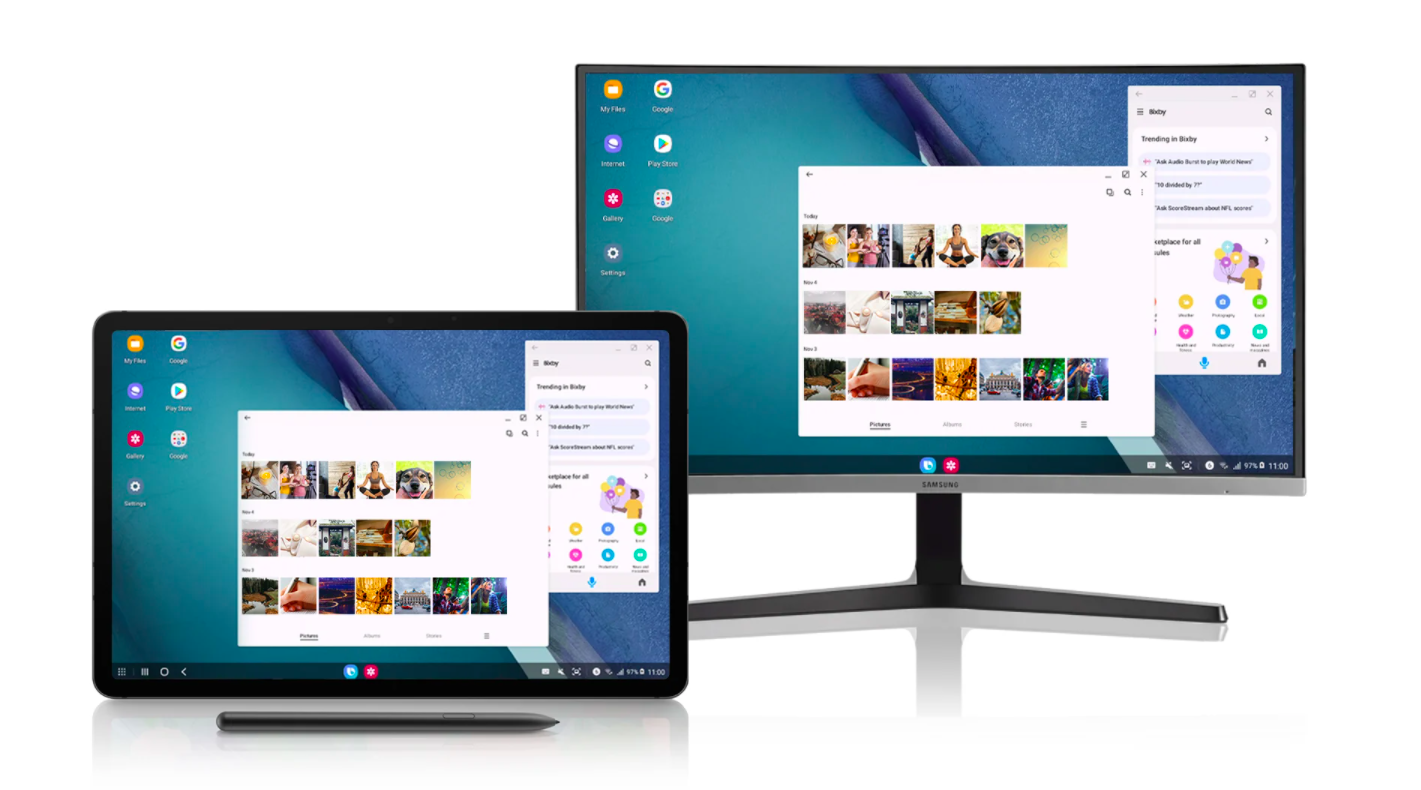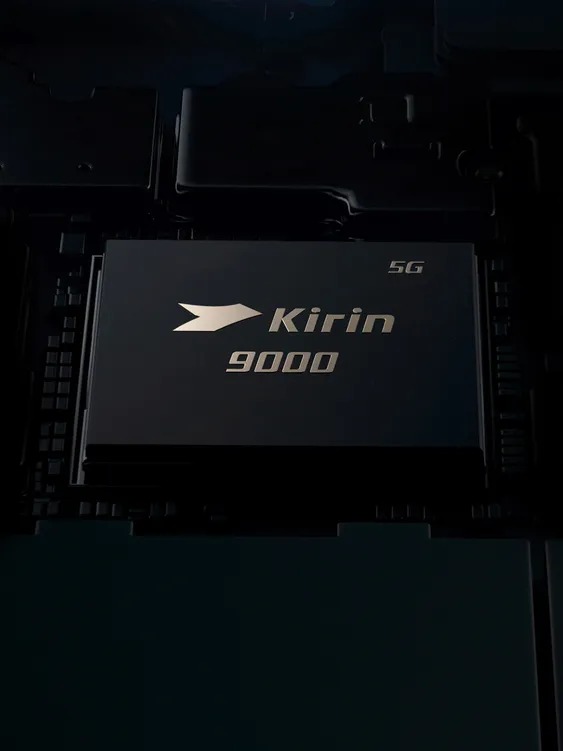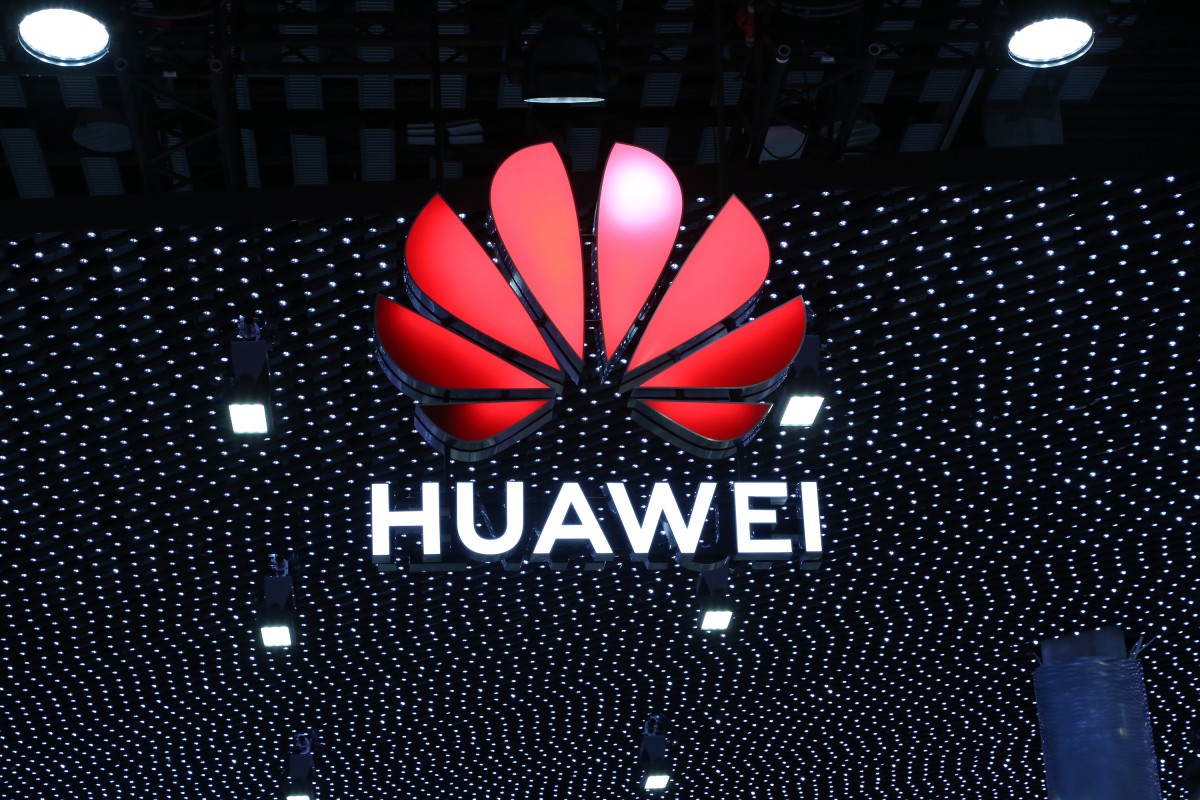Huawei's next flagship series - the P50 - will be built on the high-end Kirin 9000 chipset that already powers its current flagship series Mate 40, and will be presented sometime in the first half of next year. This was reported by the Korean website The Elec.
Huawei is known to release two flagship series every year and it is not unusual for the Mate and P series to be powered by the same high-end chip. This year, however, the situation is different, as its chip division HiSilicon cannot produce new chipsets due to US government sanctions. The smartphone giant itself confirmed before the release of the current Mate 40 flagship series that the Kirin 9000 will be the last chip from its own workshop.
Recently, reports hit the airwaves that Huawei is running out of chips for its flagship models, fueling speculation that the P50 series will be powered by a chip from Qualcomm or MediaTek. They also appeared in this context informace, that the tech giant's main supplier, TSMC, managed to deliver roughly 9 million units of the Kirin 9000 before the US government's tougher sanctions began to apply.
Demand for the Mate 40 series phones is very high in China, and some variants appear to be already sold out. It's not so clear how Huawei wants to divide its very limited supply of Kirins between its two flagship series, especially since the demand for the Mate 40 models could still exceed 10 million units this year. However, the company should - at least partially - be helped by the fact that it will not have to equip Honor smartphones with these chips, since this month she sold.
You could be interested in

The Elec also reported that OLED panels for the P50 series models will be supplied by Samsung and LG. Samsung has already been discussed in this context before, LG is mentioned for the first time in this regard.
Last year, Huawei was supposed to deliver a total of 44 million phones of the Mate and P series to stores. Due to the American sanctions, it was about 60 million less than the year before. It is highly likely that shipments will drop even more this year due to tightened sanctions.

